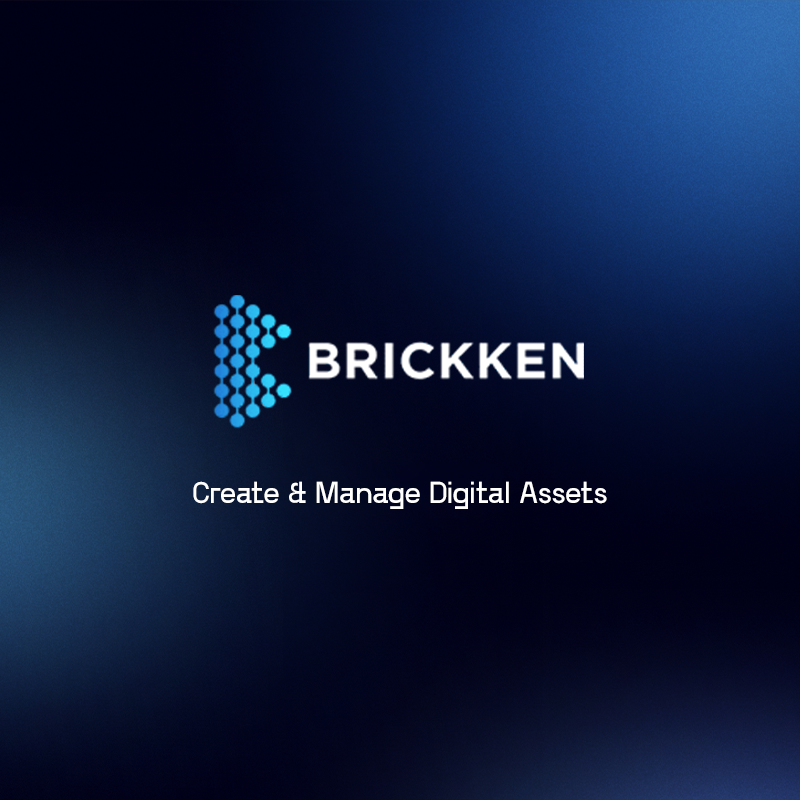
AI Business Process Automation: Challenges and Solutions
As organizations embrace the transformative power of AI Business Process Automation (BPA), they encounter a myriad of challenges that require strategic solutions. The seamless integration of AI into business processes is not without hurdles. From ethical considerations to technological complexities, navigating these challenges strategically is imperative for successful AI BPA adoption. In this exploration, we delve into the multifaceted challenges organizations face and strategically outline solutions to ensure a smooth and effective integration of AI into their business processes.
1. Ethical Considerations in AI BPA
One of the foremost challenges in AI BPA is navigating the ethical considerations surrounding the use of artificial intelligence in decision-making processes. Organizations must strategically address concerns related to bias, transparency, and accountability. A strategic approach involves implementing ethical AI principles, ensuring transparency in algorithms, and establishing clear guidelines for responsible AI use. By strategically incorporating ethical considerations into the development and deployment of AI BPA, organizations can build trust among stakeholders and pave the way for responsible and sustainable AI adoption.
2. Data Security and Privacy Challenges
The strategic adoption of AI BPA often involves processing vast amounts of sensitive data, raising concerns about data security and privacy. Safeguarding against data breaches and ensuring compliance with privacy regulations are strategic imperatives. Organizations must strategically implement robust cybersecurity measures, including encryption and access controls, to protect sensitive information. Strategic partnerships with cybersecurity experts and a continuous focus on staying abreast of evolving privacy regulations enable organizations to navigate data security challenges and build a secure foundation for AI BPA.
3. Workforce Transition and Upskilling Strategies
As automation takes center stage, organizations face the strategic challenge of preparing their workforce for a paradigm shift. Automation, driven by AI, can lead to the displacement of certain roles, necessitating a strategic approach to workforce transition and upskilling. Organizations should strategically invest in training programs, reskilling initiatives, and strategic workforce planning. A comprehensive strategy that includes collaboration between human employees and AI-driven automation ensures a smooth transition, fostering a workforce that complements AI technologies rather than competes with them.
4. Integration with Legacy Systems
Legacy systems pose a significant strategic challenge when integrating AI BPA into existing workflows. Many organizations have established processes and technologies that are not inherently compatible with AI solutions. A strategic solution involves a phased approach to integration, allowing for seamless interoperability between legacy systems and new AI-driven processes. Strategic investments in middleware solutions and thorough assessments of existing infrastructures enable organizations to strategically bridge the gap between legacy systems and cutting-edge AI BPA, ensuring a harmonious coexistence.
5. Strategic Cost Management and ROI Assessment
AI BPA implementation often comes with substantial upfront costs, and organizations must strategically manage these investments while ensuring a positive Return on Investment (ROI). A strategic cost-benefit analysis is crucial, considering both short-term expenses and long-term gains. Organizations should strategically assess the impact of AI BPA on efficiency, productivity, and overall business outcomes. Strategic planning, realistic expectations, and a focus on long-term strategic benefits help organizations navigate the financial challenges associated with AI BPA adoption.
Conclusion: Strategic Resilience in AI BPA Adoption
In conclusion, the strategic adoption of AI BPA is a transformative journey that demands a proactive approach to challenges. By strategically addressing ethical considerations, fortifying data security, fostering workforce transition, navigating legacy system integration, and managing costs strategically, organizations can build resilience in their AI BPA adoption. As AI continues to evolve, organizations that strategically tackle these challenges will not only optimize their business processes but also position themselves as leaders in a landscape where strategic agility is paramount. The strategic integration of AI into business processes is not just a technological advancement; it’s a strategic imperative for organizations aspiring to thrive in a future where AI BPA is central to strategic success.
About the Author:
Tech Entrepreneur and Digital Systems Engineer
Yassir's entrepreneurial journey began at 16yo (2013) in Meknès-Morocco 🇲🇦, diving into freelancing in the worlds of web development, data science, digital marketing, and growth hacking. In 2020, Yassir co-founded Brickken in Barcelona-Spain 🇪🇸, the leading Real-World Assets (RWA) tokenization and digital assets management software suite. Armed with a background in Digital Systems Engineering (ENSEM Nancy-France 🇫🇷) and a Master's in Innovation and Research in Informatics (FIB-UPC Barcelona-Spain 🇪🇸), Yassir have been a perpetual innovator. From crafting ecommerce stores to developing mobile apps, founding a growth marketing agency in Nancy-France 🇫🇷, to diving into web3, RPA, AI, and ML solutions, Yassir's journey reflects a commitment to pushing tech innovation boundaries.
My Services
I support Tech Founders in building marketing systems, AI business processes automation systems, tokenomics systems, and software MVPs.










Previously built and worked with innovative global companies in 🇫🇷 🇪🇸 🇰🇷 🇧🇪 🇺🇸 🇩🇪 🇬🇧
RWA Tokenization & Digital Assets Management
With a commitment to revolutionizing the way we perceive and interact with tangible assets, Brickken employs the blockchain and tokenization technologies, to bring about a paradigm shift in asset management. In 2023, Brickken's technology has been used to tokenize over $200M worth of real-world assets in 11 different countries.
Decentralized I4.0 early-stage Venture Capital
Blokrypt Ventures empowers and backs early-stage startups operating at the forefront of the RPA, AI, Web3, and Cybersecurity sectors, fostering a blockchain-powered ecosystem where liquidity fuels innovation, setting new standards for the future of venture capital.



